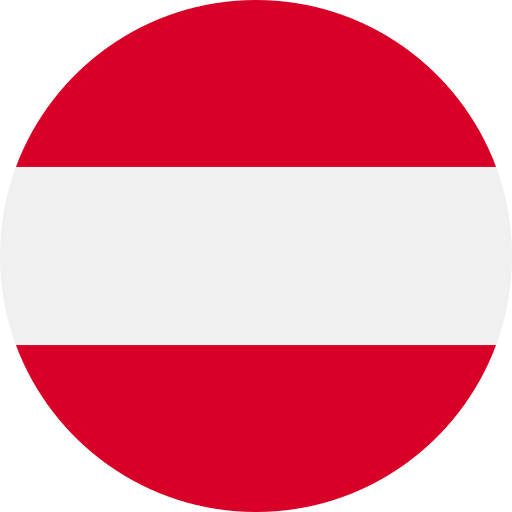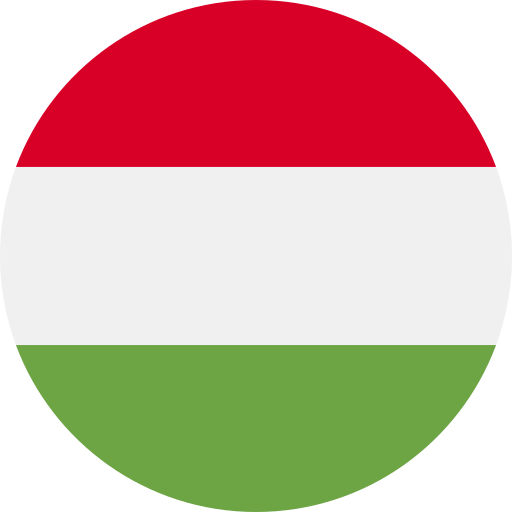Austrian Residence by Investment Program
An Austrian residence permit offers valuable advantages, most notably visa-free travel throughout all Schengen Area countries, making it highly convenient for both personal and professional mobility within Europe. The permit is initially granted for one year and can be renewed without difficulty, provided the holder maintains legal residence, sufficient financial means, and valid health insurance. This ensures a stable and uninterrupted stay in Austria. Over time, long-term residents can access further opportunities; after ten years of continuous lawful residence—or in certain cases, just six years—they may become eligible to apply for Austrian citizenship. This not only provides full rights within Austria but also EU citizenship, allowing unrestricted living and working access across all EU member states, significantly enhancing freedom and opportunity.










